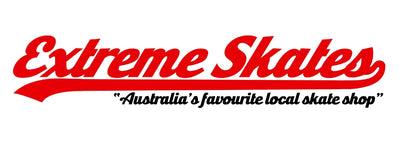Roller Skate Wheels - What to buy and why
When it comes to roller skate wheels, how do I know what is right for me? How do I know what will work? Skaters repeatedly ask me, “What’s the difference?” This is where I hope to make your buying experience an informed one, giving you the confidence to make a purchase without regret! Working out the right wheel for your style of skating needs a little understanding about what affects the performance of the wheel. There are so many different types of wheels for all the different types of environments we can skate in. Outdoor, recreational, speed, ramp, park, derby, and figure skating all require their own specific style of wheel. In order to deliver the best possible skating experience, it's a huge help to know the technical features and benefits of each type. Also, different surfaces are going to require different solutions. It's so important to think about what type of surface you are skating on, as the hardness of a wheel will affect its performance.
Let's chat about the technical elements of roller skate wheels.
Roller Skate wheels are manufactured using urethane, which is used to mould the shape of the tyre (the outside of the wheel) and is connected to the hub (the internal part of the wheel). The hub and wheel composition will determine the effectiveness of how the wheel performs. When the wheel rolls it makes contact with the surface, this area of motion is referred to as “contact patch”. But wheels come in a range of different widths and heights too. 62mm and 59mm are the most common sizes used in roller skate land today. These days, wheel widths of 39mm & 44mm are the most commonly manufactured. Shapes can be varied too, made to suit all the different styles of skating out there. Different disciplines of skating will use the width best suited to deilver the outcome required. A simple rule of thumb to use when choosing wheels, is to consider the following:-
Indoor Skating:
- Grippy floor requires harder wheels like a 93a or higher. The benefit is more slide. Find some here.
- Slippery floor requires softer wheels 88a and below. The result is less slide. See some here.
-
Outdoor skating:
- Soft gummy wheels offer a smoother ride and reduce the vibrations caused by uneven surfaces. So, this usually needs 78a hardness or lower. The benefit here is a more comfortable outdoor roll. Take a look here.




